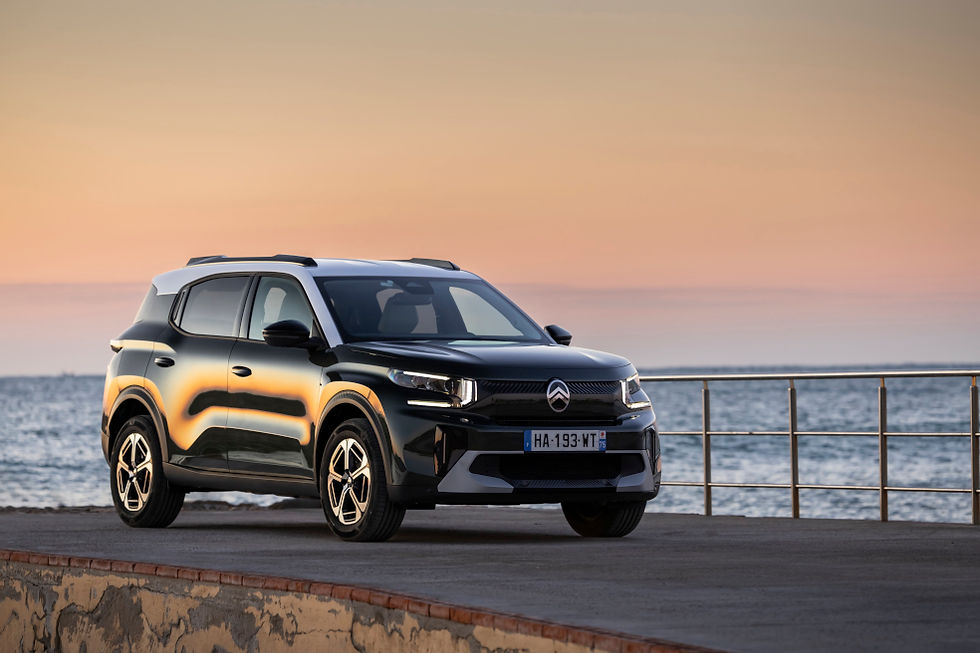Citroën aims to sell 25% electric cars in 2024
- Jérémy

- Jun 5, 2024
- 3 min read

Thierry Koskas, director of Citroën, has announced an ambitious target for next year: to reach 25% of sales of electric vehicles in Europe. This approach is part of a strategy aimed at avoiding heavy penalties imposed by the European Union in the event of non-compliance with CO2 emission reduction targets.
The importance of CO2 reduction targets
CO2 fines can be substantial for car manufacturers who fail to meet the targets set by Brussels, with the European Commission imposing a penalty of €95 per gram of excess CO2 per kilometre per newly registered vehicle.
European regulations require carmakers to comply with strict limits on CO2 emissions. By 2024, Citroën will have to reduce its average CO2 emissions to 93 grams per kilometre. Thierry Koskas points out: "We have to avoid these costly fines. We must reduce our emissions to an average of 93 grams of CO2 per kilometre next year. To do this, we need to increase the proportion of electricity in our sales to 25%. Otherwise, that's the fine. And we don't want to pay it.
The challenge of electric cars
However, selling electric vehicles is a major challenge. After a period of rapid growth, sales of electric vehicles are stagnating or declining. In France, the market share of electric cars is stuck at 17%, despite the maintenance of the environmental bonus. This compares with 20% last November and 21% in December. At the European level, the situation is similar, with a market share of 13.2% in the first four months of the year, the same as last year.
The disparities between European countries are striking: in April 2024, Norway reached 90% electrification, while Germany remained at 12% and countries such as Spain and Italy had even lower figures.
The brand relies on the new C3
To achieve its goals, Citroën must rely on a range of efficient and attractive electric models. If the brand could not currently count on the electric C4 and Berlingo, the new C3, available in an electric version, plays a crucial role in this strategy. Indeed, with a starting price of €23,300 excluding government subsidies, the new ë-C3 is very much cheaper than the average price of electric cars in Europe in 2023, which is expected to be between €35,000 and €40,000. . By being so accessible, the new C3 electric is aiming for a significant sales volume and the brand is not mistaken as it has the objective that the ë-C3 represents 33% of C3 sales in Europe and up to 50% in France. By the end of the year, the brand will also be able to count on an electric version of the C3 Aircross with a range of 300 km and, perhaps, a long-range version extended to 400 km.
In any case, the acceptance of these models by European consumers will largely determine the brand's success in this transition to electricity, which has been imposed by the regulator, but which is not without its difficulties.
In conclusion, Citroën is firmly committed to significantly increasing its sales of electric vehicles by 2024 in order to meet European requirements for reducing CO2 emissions. This transition, although complex, is essential to avoid penalties and to position the brand as a major player in sustainable mobility in Europe, which it intends to make as accessible as possible with very attractive sales prices. There is still a long way to go, but Citroën's efforts demonstrate its determination to adapt to changes in the automotive market and the environmental expectations of tomorrow.





Comments